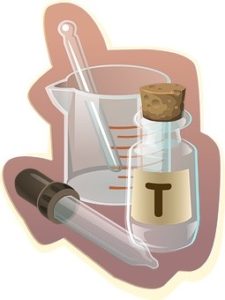
Severo Ochoa de Albornoz was a Spanish-American doctor and biochemist. He is best known for winning the Nobel Prize in medicine in 1959. He was born in Spain in 1905. From a young age he was very interested in biology and by 1923 he was studying medicine at the University of Madrid.
In 1927 he spent the summer in Scotland to improve his English skills. He also worked in a biochemistry laboratory. Ochoa completed his medical degree in 1929 before moving to Berlin to join the laboratory of Otto Mayerhof, a well-known German physician and biochemist. At the time Germany was at the forefront of the rapidly evolving discipline of biochemistry.
In 1930, Ochoa returned to Madrid and completed his doctorate of medicine. He also married but the marriage did not result in any children. During his postdoctoral studies in London, England he began researching enzymes. After the outbreak of the Spanish Civil War in 1936, Ochoa recognized his future was not in Spain and he and his wife moved to the United States.
By the 1940s, Ochoa was an assistant professor of biochemistry at the New York University School of Medicine. In 1956, he was awarded American citizenship and in 1959 he received the Nobel Prize for his work on synthesizing RNA or ribonucleic acid. Ochoa continued his work with RNA in the United States until 1985 when he returned to Spain. He passed away in November 1993 in Madrid.







